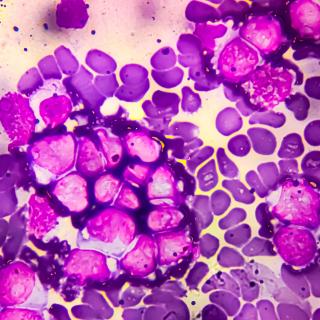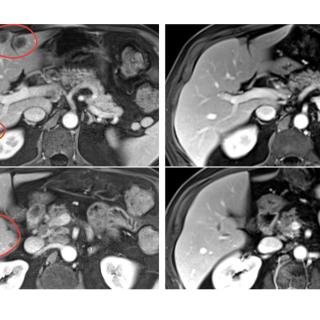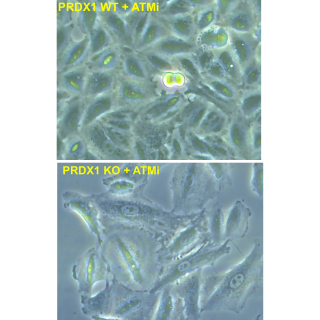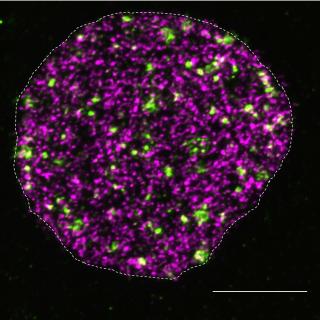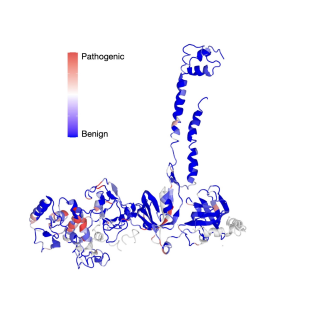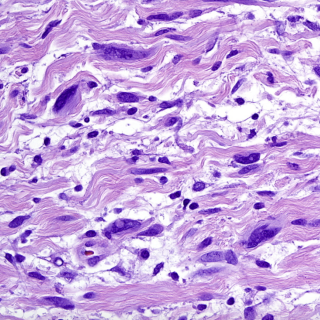Our Discoveries
T-cell receptors can help CAR T cells steer clear of healthy tissue while they attack tumors
Adding a specific T-cell receptor to CAR T cells may reduce side effects of immunotherapies designed to target solid tumors.
Read MoreStudy uncovers mechanism behind effectiveness of three-drug combination in patients with a rare bile duct cancer
Combining anti-VEGF therapy with immune checkpoint inhibitors stimulated the production of B cells to fight cholangiocarcinoma, a rare bile duct cancer.
Read MoreCondition of patients’ immune cells can affect how they respond to immunotherapy
Researchers found that T cells in patients whose cancers did not respond to CD22 CAR T-cell therapy showed markers of cellular exhaustion and were in a later stage of development.
Read MoreCombination immunotherapy shrank a variety of metastatic solid cancers
Results of a clinical trial led by Steven A. Rosenberg, M.D., Chief and Senior Investigator in the Surgery Branch, showed that a new form of tumor infiltrating lymphocyte (TIL) therapy dramatically improved the treatment’s effectiveness in patients with metastatic gastrointestinal cancers. The findings, published April 1, 2025, in Nature Medicine, offer hope that this personalized immunotherapy regime could be used to treat a variety of solid tumors, which has so far eluded researchers developing cell-based therapies.
Read MoreTargeting two proteins leaves some cancer cells vulnerable to chemotherapy
Targeting two proteins that cancer cells rely on to sustain their metabolism and DNA repair capabilities can double the survival rate of mice with lung cancer tumors. Cross referencing with data from The Cancer Genome Atlas of human tumors suggests that these findings could translate to people.
Read MoreResearch uncovers a novel mechanism for cells to recover from DNA damage
A newly discovered cellular mechanism sheds light on how cancer cells proliferate despite damage from anti-cancer treatments, providing a target for new therapies.
Read MoreInnovative gene therapy shows promise in treating patients with recurrent respiratory papillomatosis
A clinical trial led by CCR researchers demonstrated the effectiveness of the novel treatment, PRGN-2012, against recurrent respiratory papillomatosis in adults. The results serve as the foundation for an application for accelerated approval to the U.S. Food and Drug Administration (FDA).
Read MoreResearchers categorize thousands of BRCA2 mutations as cancerous or benign
Researchers used CRISPR gene editing technology to determine whether over 6,000 variants of BRCA2 were likely to cause cancer.
Read MoreDrug shrinks nerve tumors in adults with neurofibromatosis type 1 in a clinical trial
Until recently, no effective treatments existed for non-cancerous inoperable nerve tumors, called plexiform neurofibroma, in adults. A clinical trial of the drug selumetinib shows it can cause tumor shrinkage and relieve symptoms, such as pain.
Read MoreMutant RAS can shift other proteins’ positions inside cancer cells
Mutant RAS proteins help shuttle other proteins out of the cell nucleus and into the cytoplasm, where some can promote cancerous growth.
Read More

